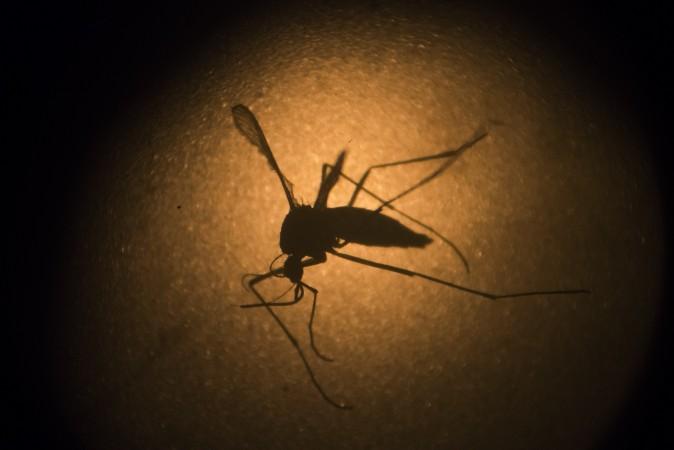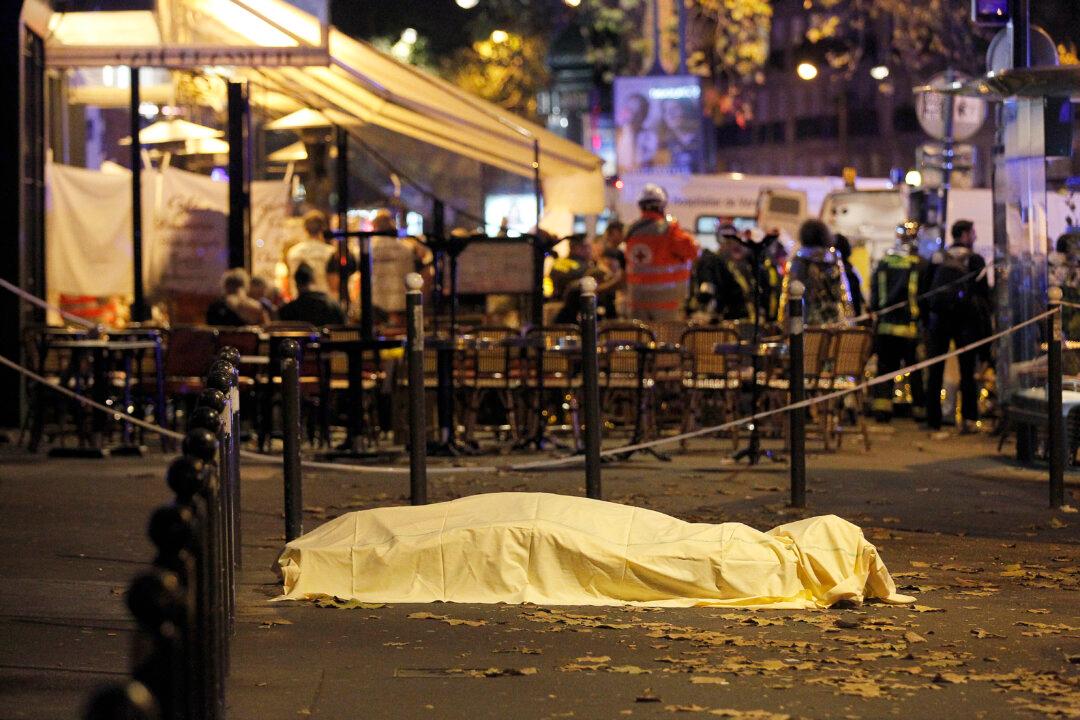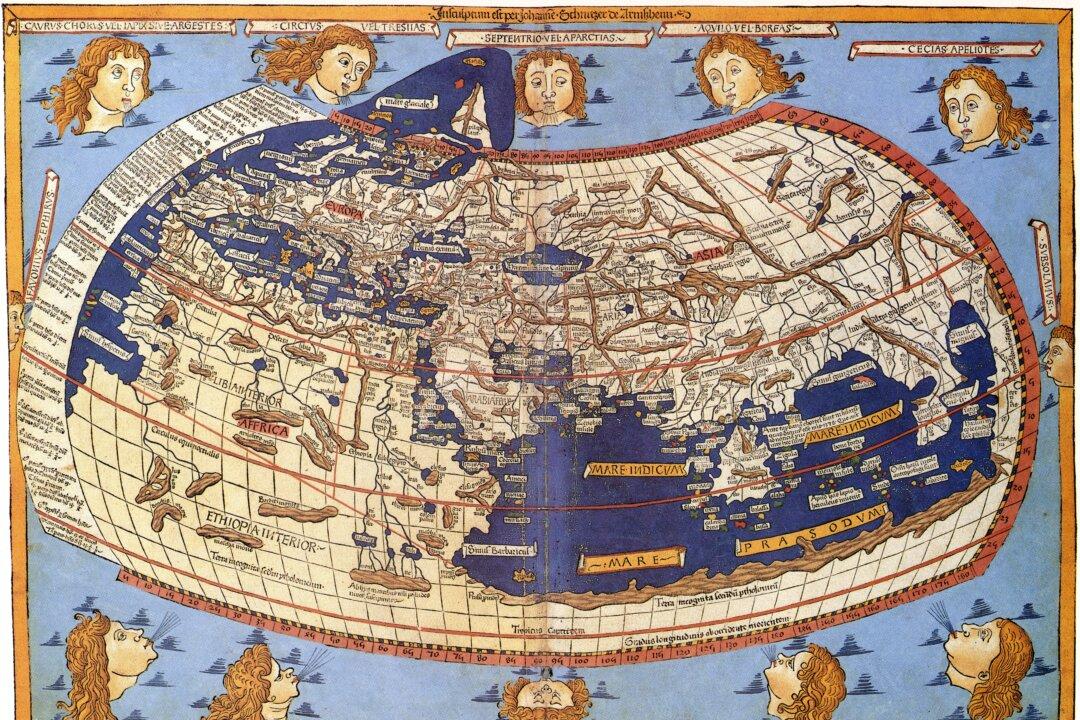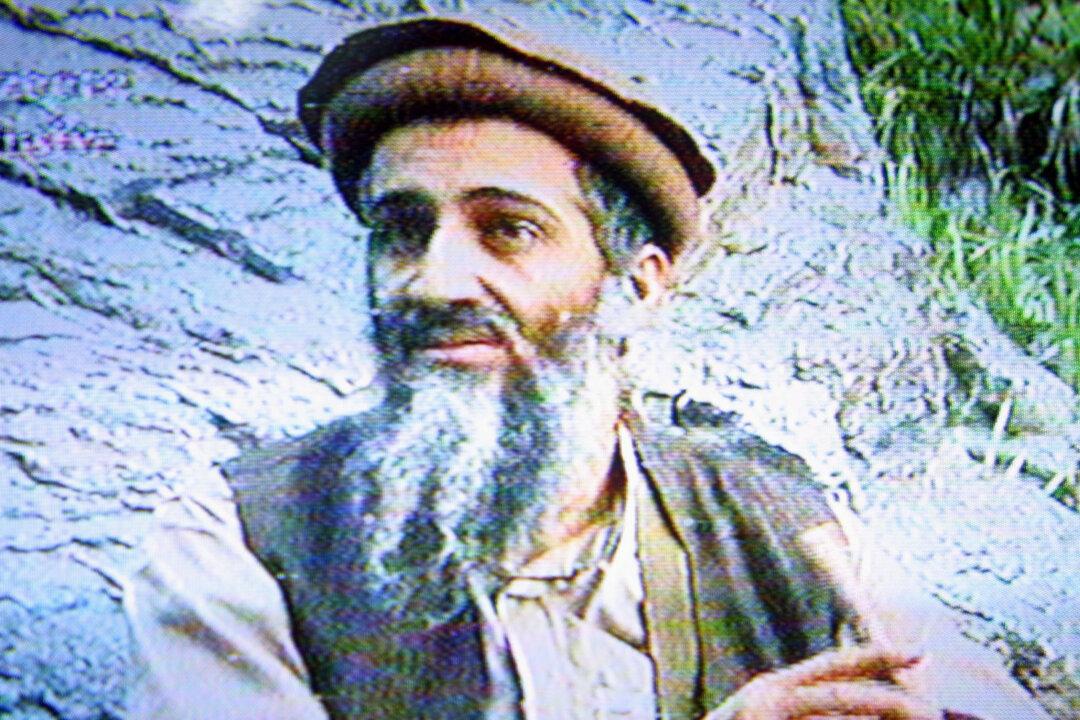Back in the 1970s Peter Piot and his colleagues published their research as a team and didn’t fuss over who'd get the recognition. Now, Piot says, the competitive scientific landscape runs opposite to what’s needed during an epidemic. Read the interview with the director of the London School of Hygiene & Tropical Medicine.
ResearchGate: What were your experiences publishing research during the Ebola outbreak in 1976?
Peter Piot: There was only one major publication on the 1976 Ebola epidemic. That’s because we agreed to publish it as a team. We didn’t want individual papers and we didn’t fuss over who would be the first author. Right up until the 2014/2015 outbreak, we were only a very small group of researchers and we all knew each other. We could all fit into one room. That’s changed now and I think that’s a good thing.
RG: What lessons were learned from the most recent Ebola outbreak?
Piot: The 2014–2015 Ebola outbreak was a game-changing event—much like the AIDS epidemic was. No other recent health crisis gave rise to such a combination of humanitarian, political, and scientific activity. It created a momentum to put some order in the house, especially in terms of the World Health Organization (WHO), and international mechanisms for response, solidarity, and intervention. This is very positive news. But a glass can both be half full and half empty: We were very late in responding to the outbreak and many problems arose.
The ethics and practicalities of doing research in such an environment was very challenging. The first issue was none of these countries had ever done a clinical trial. Ever. We were also not ready with the protocols. A lot of time was wasted, for example, discussing whether trials should be placebo-controlled or not. Regulations were also extremely dogmatic, which resulted in reluctant R&D companies and a divided scientific community. Fortunately, ironically, we had candidate vaccines. This is not because of public health rationale, however, but because of the threat of bioterrorism.




